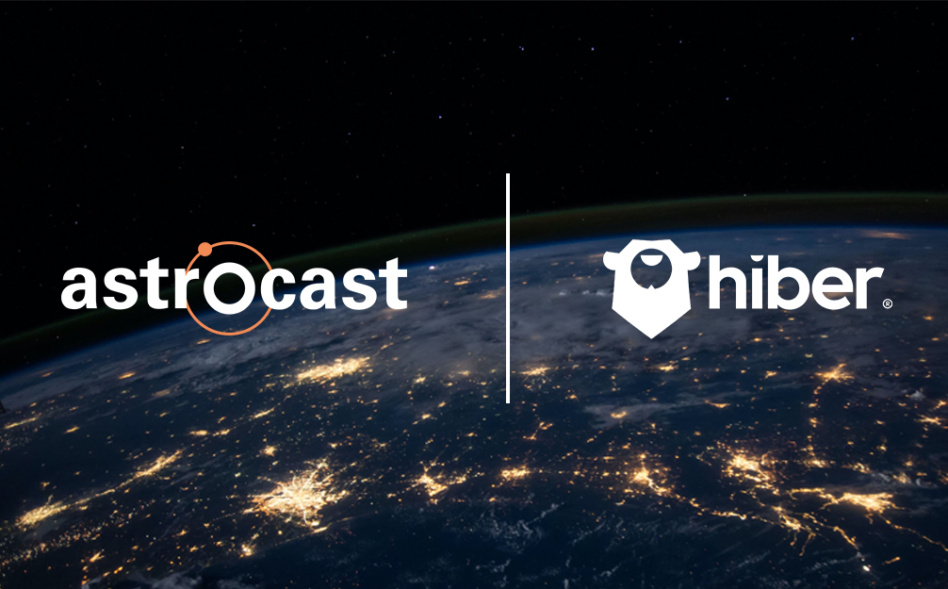Swiss-based Internet of Things (IoT) network operator Astrocast has agreed to acquire Netherlands-based IoT-as-a-Service provider Hiber. The deal comes as Astrocast preps for a second IPO.
“Hiber’s focus on satellite-enabled IoT solutions, innovation, and production aligns with Astrocast’s strategic go-to-market priorities for 2022 and beyond,” said Astrocast CEO Fabien Jordan. “We’re excited to welcome Hiber to the growing Astrocast team.”
Deal structure:
- Astrocast acquires all of Hiber’s shares in exchange for the issuance of new Astrocast shares, representing a 16.5% stake.
- Hiber’s shareholders agree to invest €10.45 million in Astrocast’s public offering.
- The acquisition is conditional on the completion of Astrocast’s IPO on Euronext Growth Paris.
The benefits to Astrocast: The acquisition will give Astrocast a direct-to-end user sales channel, expand its portfolio of products, and add coverage of the Americas through Hiber’s distribution agreement with Inmarsat. Astrocast will also bring on major Hiber customers, including ExxonMobil, Shell, Oil Search, NAM, and ENI.




